-
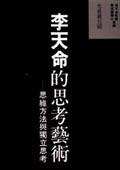
李天命的思考藝術
內容簡介 教育家的理想在於啟發人的思考,野心家的夢想是要取代人的思考。愚人只知接受思想的灌輸,智者則重視掌握思維的方式。胡亂思索問題,彷彿用蛛網去捕捉風的顏貌一樣,終是毫無所得的。正確的思維方法,就像荒夜裡的一盞風燈。提著自己的風燈,照亮未知的旅途,這就叫獨立思考。 作者簡介 戎子由牧師 香港路德會總幹事,香港路德會社會服務委員會主席,Concordia International School (協同國際學校) 校監兼校長,路德會呂明才中學校監。曾任教於協同神學,所發表著作包括對M. Buber的哲學研究,一向主張宗教在現代社會應持「開放型的思想取向」。 梁沛霖博士 香港中文大學理學士,美國密芝根大學 (Ann Arbor)哲學博士,曾任教於澳洲麥葛梨大學 (MacQuarie University) ,現任香港中文大學統計學系講師。除了專研統計學理論外,其研究興趣亦包括探討數學哲學與科學哲學,特別是有關悖論、概率論及歸納邏輯等方面的問題。 -

Philosophy
How ought we to live? What really exists? How do we know? This book introduces important themes in ethics, knowledge, and the self, via readings from Plato, Hume, Descartes, Hegel, Darwin, and Buddhist writers. It emphasizes throughout the point of doing philosophy, explains how different areas of philosophy are related, and explores the contexts in which philosophy was and is done. -
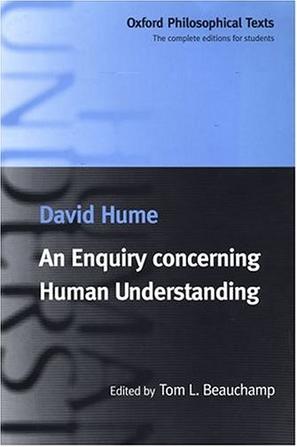
An Enquiry concerning Human Understanding (Oxford Philosophical Texts)
Oxford Philosophical Texts Series Editor: John Cottingham The Oxford Philosophical Texts series consists of authoritative teaching editions of canonical texts in the history of philosophy from the ancient world down to modern times. Each volume provides a clear, well laid out text together with a comprehensive introduction by a leading specialist, giving the student detailed critical guidance on the intellectual context of the work and the structure and philosophical importance of the main arguments. Endnotes are supplied which provide further commentary on the arguments and explain unfamiliar references and terminology, and a full bibliography and index are also included. The series aims to build up a definitive corpus of key texts in the Western philosophical tradition, which will form a reliable and enduring resource for students and teachers alike. David Hume's aim in writing An Enquiry concerning Human Understanding (1748) was to introduce his philosophy to a European culture in which many educated people read original works of philosophy. He gives an elegant and accessible presentation of strikingly original and challenging views about the limited powers of human understanding, the attractions of scepticism, the compatibility of free will and determinism, and weaknesses in the foundations of religion. Hume's philosophy was highly controversial in the eighteenth century and remains so today. The text printed in this edition is that of the Clarendon critical edition of Hume's works. A substantial introduction by the editor explains the intellectual background to the work and surveys its main themes. The volume also includes detailed explanatory notes on the text, a glossary of terms, a full list of references, and a section of supplementary readings. -
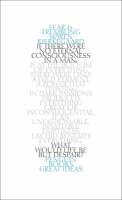
Fear and Trembling
Throughout history, some books have changed the world. They have transformed the way we see ourselves - and each other. They have inspired debate, dissent, war and revolution. They have enlightened, outraged, provoked and comforted. They have enriched lives - and destroyed them. Now Penguin brings you the works of the great thinkers, pioneers, radicals and visionaries whose ideas shook civilization and helped make us who we are. The Father of Existentialism, Kierkegaard transformed philosophy with his conviction that we must all create our own nature; in this great work of religious anxiety, he argues that a true understanding of God can only be attained by making a personal leap of faith'. -
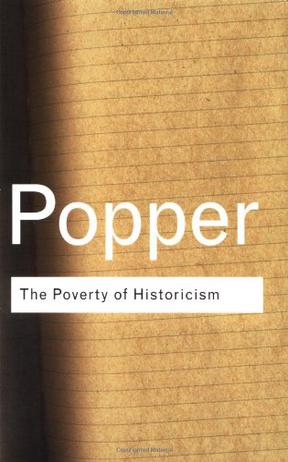
The Poverty of Historicism
在线阅读本书 Hailed on publication in 1957 as 'probably the only book published this year that will outlive the century', this is a devastating criticism of the idea that there are fixed laws in history and that human beings are able to predict them. -
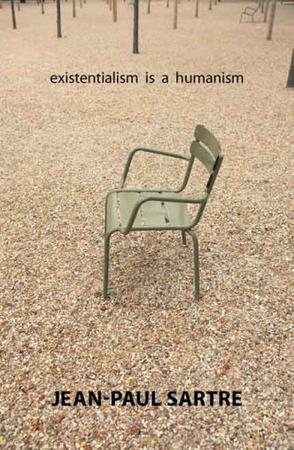
Existentialism Is a Humanism
It was to correct common misconceptions about his thought that Sartre accepted an invitation to speak on October 29, 1945, at the Club Maintenant in Paris. The unstated objective of his lecture ("Existentialism Is a Humanism") was to expound his philosophy as a form of "existentialism," a term much bandied about at the time. Sartre asserted that existentialism was essentially a doctrine for philosophers, though, ironically, he was about to make it accessible to a general audience. The published text of his lecture quickly became one of the bibles of existentialism and made Sartre an international celebrity.The idea of freedom occupies the center of Sartre's doctrine. Man, born into an empty, godless universe, is nothing to begin with. He creates his essence--his self, his being--through the choices he freely makes ("existence precedes essence"). Were it not for the contingency of his death, he would never end. Choosing to be this or that is to affirm the value of what we choose. In choosing, therefore, we commit not only ourselves but all of mankind.This edition of "Existentialism Is a Humanism" is a translation of the 1996 French edition, which includes Arlette Elkaim-Sartre's introduction and a QandA with Sartre about his lecture. Paired with "Existentialism Is a Humanism" is another seminal Sartre text, his commentary on Camus's "The Stranger." In her foreword, intended for an American audience, acclaimed Sartre biographer Annie Cohen-Solal offers an assessment of both works.